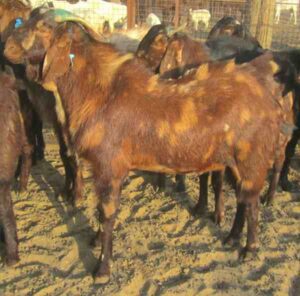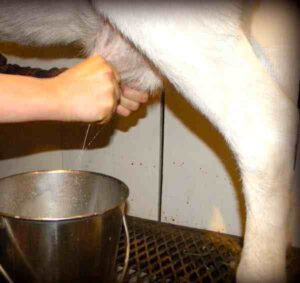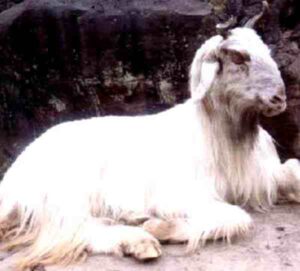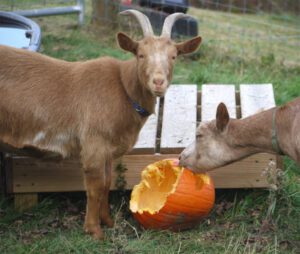Timely vaccinations is must for maintaining a profitable goat farming business. Timely vaccination schedule for goats not only ensure their healthy life but also help to protect them form various types of diseases that usually affect them.
Vaccines kill the virus of diseases or make diseases resistive power in their body. Two types of vaccines are available for goats such as ‘modified live’ and ‘killed’ vaccine.
Vaccination Schedule For Goats
Some vaccines make disease resistive power in the body of goats and prevent the diseases to develop. And some vaccines cause the immune system to develop antibodies against them. Antibodies attack the germ or virus of a specific disease and kill them.
Thus vaccination play a very important role for keeping your goats healthy, growing, productive and diseases free. Read more about the importance of vaccination schedule for goats.
Core Vaccinations
The vaccines that are must for your goats are called core vaccinations. Clostridium perfringens C and D plus tetanus or CD&T are the primary or core vaccinations for goats.
Overeating disease in goats (also known as enterotoxemia) causes due to clostridium perfringens C and D. This is a fatal disease and primarily affects the kids but can also affect the adult goats.
Depression, failure to ruminate, inability to stand, inactive rumen, kicking, lack of appetite, laying on one side, sudden death, staggering etc. are common symptoms of this disease.
Tetanus disease in goats caused by the bacterium clostridium tetani. Convulsions, death, inability to eat or drink, respiratory paralysis, stiffness, and unsteady gait are the result of this disease.
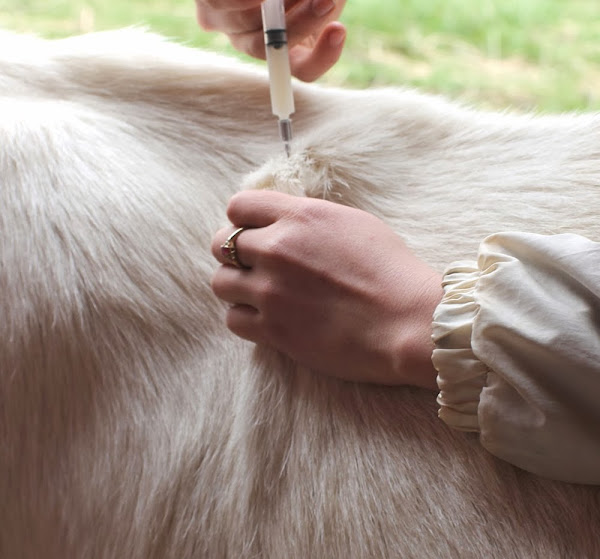
The virus of this disease spread in goats through the cut or wound places. If the wound of the goats exposed to soil or other items then the bacteria can enter into their body.
Because soil or other items usually are the host of this bacteria. So core vaccinations are must for preventing your goats from this type of diseases.
Adult Goat Vaccination Schedule
For assuring good immunization for the kids, vaccinate your pregnant doe during their last month of gestation period. Vaccinate the bucks too at the same time you vaccinate your does.
Yearlings (the does that are not bred yet), castrated buck and rest of the goats should be vaccinated yearly on a regular basis. It will be better if you can vaccinate them on the same date they were vaccinated previously.
Baby Goat Vaccination Schedule
Kids receive vaccination from their mother (because their mother were vaccinated during the last month of pregnancy). After birth, vaccinate the kids at their 4 to 8 weeks of age and boost their vaccinations three to four weeks later.
A special kind of milk is required that provides immunity for the kid, if the kids did not receive their mother’s colostrum or if you don’t know their mother’s vaccination schedule.
Goat kids become very weak and sensitive to diseases. So timely vaccination can protect them from various types of diseases or health issues.
Other Vaccines
There are certain vaccines available that are helpful for goats. For example, vaccinations against caseous lymphandentitis, foot rot, rabies, sore mouth or contagious ecthyma, pneumonia etc.
Pneumonia and caseous lymphandentitis are common vaccines approved for other livestock also. Although vets use them as off-label vaccines for goats. Before vaccinating your goats, always talk with an experienced goat vet and ask him/her for proper vaccines.

